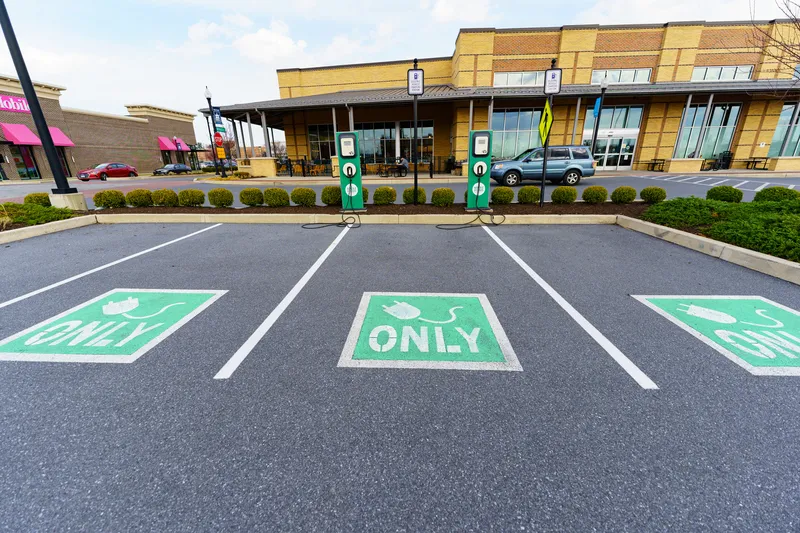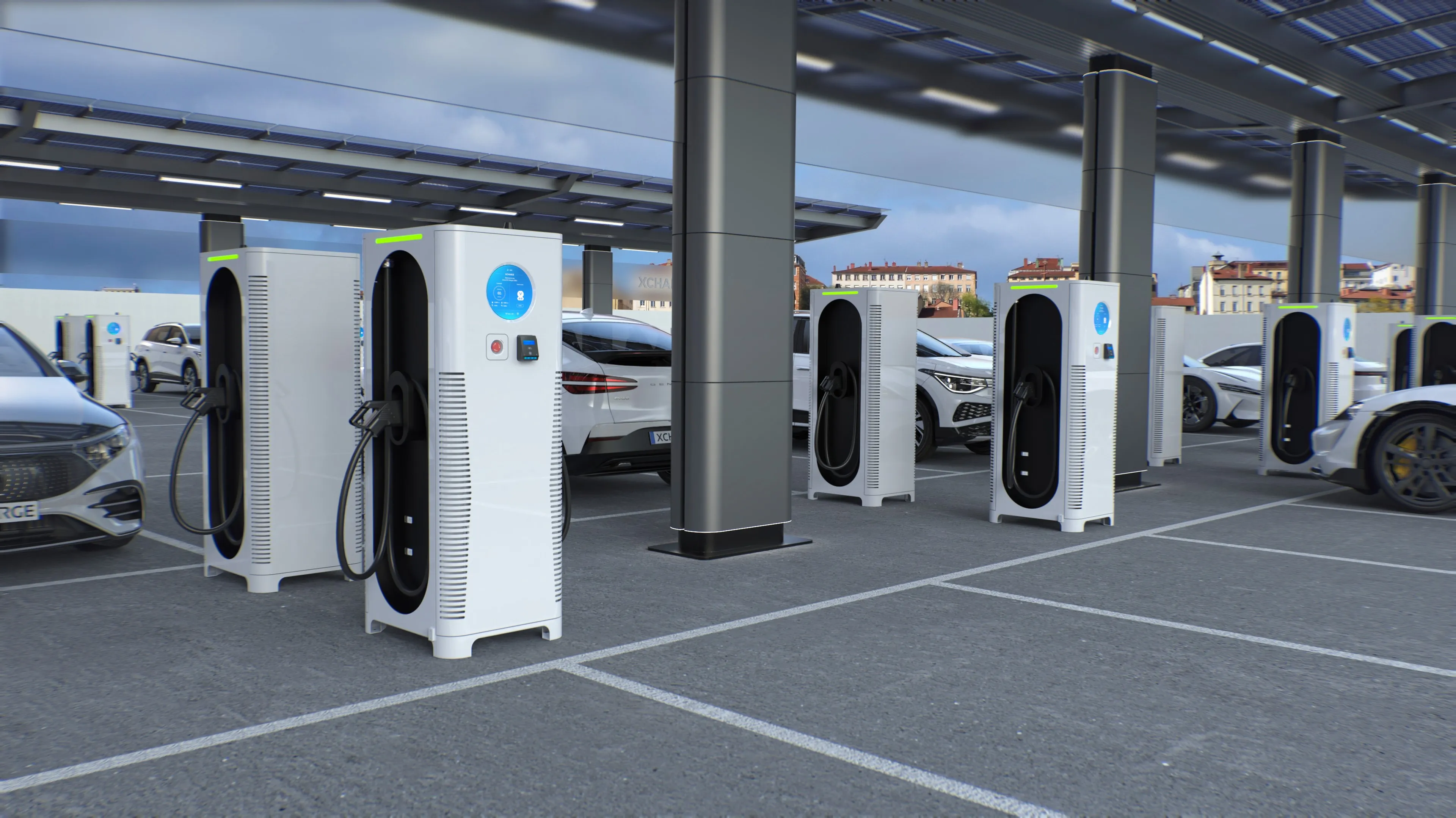
That was a key message from the EV Charging 101 virtual event session entitled Policy and Profit - Today's EV Charging Challenges and the Policy Solutions Needed for Your Business.
Demand for EVs is skyrocketing but there are not enough EV chargers out there, said Ryan McKinnon, director of communications for Charge Ahead Partnership: “That raises the question of ‘why?’ If there are so many people who love EVs, why aren’t there more EV charging stations?”
Charge Ahead is a coalition of businesses working to expand access to the US EV charging network. McKinnon points out: “EV charging is a massive opportunity for people [to make profit].”
But public policy is the main problem, he thinks: “The bad news is that a lot of businesses are staying away from EV charging in these initial stages because the profit is far too elusive.”
While grants and tax rebates are available to help, the thing that is lacking is a “sustainable, replicable business model”.
“That’s because the EV marketplace all over the US is being hamstrung by really bad public policy, which makes it a challenge for anybody to make money off EV charging,” McKinnon added.
His two fellow panellists both work on the frontline of EV charging, serving EV customers every day.
“The first problem is that private companies are being forced to compete with powerful, state-sanctioned monopolies,” insisted Raina Shoemaker, owner at Shoemaker's Travel Center in Nebraska.
Electricity providers, for example, are expanding into EV charging. But power companies don’t face the same pressures – in terms of pricing, for instance – that smaller outfits do. “It can put your EV charger out of business in no time,” Shoemaker said. “Most states don’t have policies that prevent the utilities from undermining this investment overnight.”
Lonnie McQuirter, owner at 36 Lyn Refuel Station, has eight years’ experience in the EV space in Minnesota. Investment in buying, installing and maintaining a DC Fast Charger is considerable, and the price of electricity which a business is receiving must be at a cost which allows profit when that same electricity is sold on to the customer – the EV driver.
“We always start from this framework of ‘all things being equal’… when we’re building out our models of the viability of an EV charger,” McQuirter says. But it can be a struggle to compete.
Despite this, there was optimism in the session. McKinnon insists that “public policy can be fixed” and there was agreement that those who were already in the business of selling fuel could turn their experience to advantage.
“Gas stations already have the best spots,” adds Shoemaker. “We want to sell you what you want so if you want electricity we’d like to sell that to you as well.”









